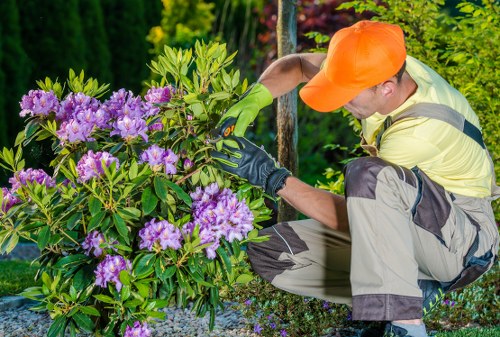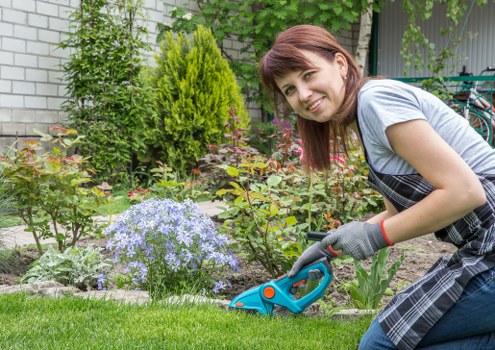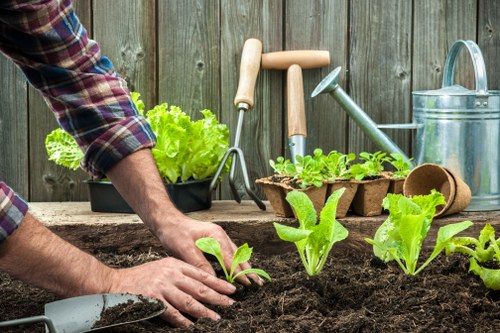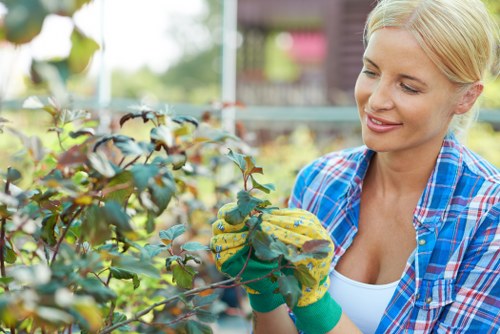Effective Driveway Algae Removal in Barnehurst

Driveway algae can be a persistent and unsightly problem for homeowners in Barnehurst. The damp conditions and shaded areas around driveways create the perfect environment for algae growth, which not only detracts from your home’s curb appeal but can also make surfaces slippery and hazardous.
Removing algae from your driveway is essential for maintaining a safe and attractive property. Fortunately, there are several effective methods and professional services available to tackle this issue in Barnehurst.
Understanding the causes of algae growth is the first step in effective removal. Algae thrive in moist environments with limited sunlight, which are common around driveways due to shading from trees and buildings.
Why Algae Grows on Driveways

Algae are simple, plant-like organisms that require moisture, nutrients, and shade to grow. Barnehurst’s climate provides the perfect conditions, especially during the wetter months. Additionally, surfaces like concrete and paved areas retain moisture, further promoting algae proliferation.
Organic debris, such as leaves and dirt, can accumulate on driveways, providing additional nutrients for algae. This not only encourages growth but also makes the algae more difficult to remove over time.
Preventing algae growth involves addressing these contributing factors. Regular maintenance and cleaning can significantly reduce the likelihood of algae taking hold on your driveway.
Methods for Driveway Algae Removal

1. Pressure Washing
One of the most effective ways to remove algae from driveways is by using a pressure washer. This method uses high-pressure water to blast away algae, dirt, and other debris from the surface.
Advantages
- Quick and efficient
- Deep cleaning of porous surfaces
- Less reliance on chemicals
Considerations
- Requires access to a pressure washer
- Improper use can damage surfaces
- May need multiple sessions for stubborn algae
2. Chemical Treatments
Chemical algae removers are another popular option. These products typically contain bleach or other biocides that kill algae and prevent regrowth.
Steps to Use Chemical Treatments
- Clear the driveway of any debris.
- Apply the chemical treatment according to the manufacturer’s instructions.
- Allow the solution to sit for the recommended time.
- Rinse the driveway thoroughly with water.
Pros and Cons
- Pros: Effective for tough algae, can provide long-lasting results.
- Cons: Chemicals can be harsh on the environment, may require protective gear.
3. Natural Remedies
For those who prefer eco-friendly solutions, natural remedies can be effective in removing algae from driveways.
Common Natural Solutions
- Vinegar: A natural acid that can kill algae when applied directly.
- Baking Soda: Helps scrub away algae and neutralize odors.
- Lemon Juice: Provides a mild bleaching effect to lighten algae stains.
Application Tips
- Mix with water to create a cleaning solution.
- Apply to the affected areas and let sit for 15-20 minutes.
- Scrub with a stiff brush before rinsing.

Preventing algae growth is often easier than removing it. Here are some proactive steps you can take to keep your driveway algae-free:
- Improve Drainage: Ensure that water does not pool around your driveway by maintaining proper drainage systems.
- Increase Sunlight: Trim overhanging branches to allow more sunlight to reach the driveway, reducing moisture levels.
- Regular Cleaning: Sweep and clean your driveway regularly to remove debris and prevent algae from finding a foothold.
- Seal the Surface: Applying a sealant to your driveway can create a barrier against moisture and reduce algae growth.
- Use Algaecides: Periodically apply algaecides to deter algae from establishing itself.
Maintenance Tips
Regular maintenance is key to preventing algae. Schedule seasonal cleanings and inspections to catch and address any early signs of algae growth.
Tools and Supplies Needed
- Pressure washer or garden hose
- Eco-friendly cleaning solutions
- Stiff-bristled brush
- Protective gear (gloves, goggles)
- Sealant materials

While DIY methods can be effective, hiring a professional algae removal service in Barnehurst ensures a thorough and safe cleaning process. Professionals have access to specialized equipment and eco-friendly solutions that can tackle even the most stubborn algae growth.
Benefits of Hiring Experts
- Expertise in various removal techniques
- Time-saving and efficient
- Ensures safety and minimizes damage to surfaces
- Provides long-term prevention strategies
What to Look for in a Service Provider
- Experience and reputation in the Barnehurst area
- Use of environmentally safe products
- Transparent pricing and detailed quotes
- Positive customer reviews and testimonials
Barnehurst is surrounded by several neighborhoods and areas that benefit from professional driveway algae removal services. Here are some of the closest areas to Barnehurst where these services are available:
Each of these areas benefits from the expertise of Barnehurst-based algae removal professionals, ensuring that residents maintain clean and safe driveways year-round.
Algae growth on driveways is a common issue in Barnehurst, but with the right approach, it can be effectively managed and prevented. Whether you choose DIY methods or hire professional services, maintaining a clean driveway enhances the safety and aesthetic appeal of your home.
Investing time and resources into algae removal and prevention ensures that your driveway remains in excellent condition, adding to the overall value and beauty of your property.
Take proactive steps today to keep your driveway algae-free and enjoy a safer, more attractive home environment.







